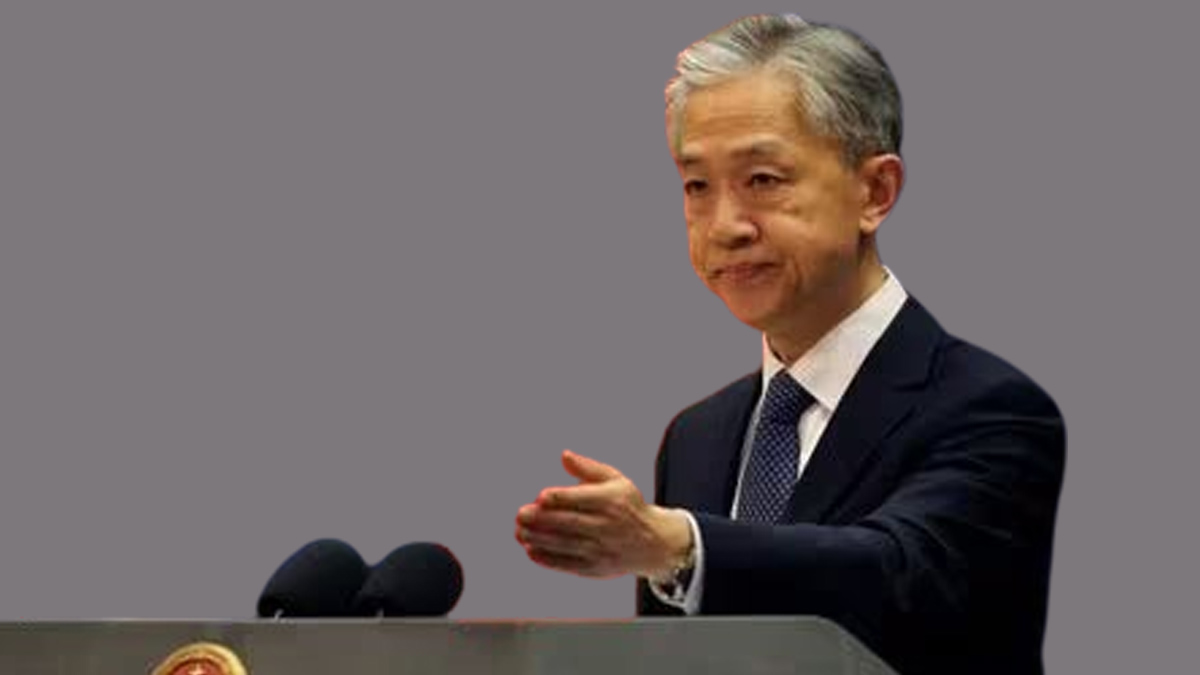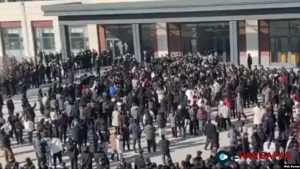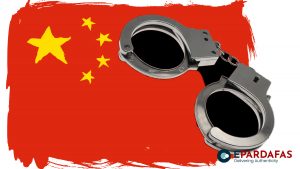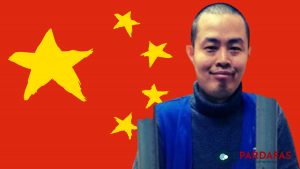
Yang Hengjun: What sentence means for China-Australia relations

The suspended death sentence handed to Australian writer Yang Hengjun in Beijing on Monday is unlikely to derail Australia-China ties but will test the limits of Canberra’s push to put relations back on track after years of tensions, analysts say.
Australian Foreign Minister Penny Wong said she was “appalled”, while observers expressed shock at the severity of the sentence for Yang, an Australian citizen born in China, three years after a closed-door trial on espionage charges.
Yang was detained as ties worsened in 2019. But hopes of his release had been fuelled by a recent thaw, including the freeing of Australian broadcaster Cheng Lei shortly before Prime Minister Anthony Albanese visited Beijing in November.
He was the first Australian leader to go to Beijing since 2016, after relations had soured over Chinese telecoms company Huawei, espionage allegations, Australia’s push to investigate the origins of COVID-19, and military tensions in East Asia.
Now, analysts say, the drive to improve relations and boost trade in items such as Australian wine that were thwarted by punitive Chinese tariffs will be an important factor as Canberra considers its response.
“Yang’s sentence is a speed bump – not large enough to bring the bus to a halt, so to speak,” said Adam Ni, an independent political analyst and editor of the “China Neican” policy newsletter.
“The trend in the relationship is improving because both Beijing and Canberra have strong incentives for enhancing ties.”
Albanese’s government has taken credit for stabilising relations with Australia’s largest trading partner, as China lifted most trade blocks imposed in a 2020 diplomatic dispute that cost A$20 billion in commodity and food exports.
A quarter of Australia’s export earnings come from China, more than the next three trade partners, the United States, South Korea and Japan, combined.
‘DISAGREE WHERE WE MUST’
Wong said there would be times when the two nations did not agree.
“We have said stabilisation means we cooperate where we can, disagree where we must, and we engage in the national interest,” she told reporters on Monday. “Clearly this is an occasion on which we disagree.”
Still, analysts say the sentencing serves as a reminder of how fraught any improvement in relations will prove even after both Albanese and Chinese President Xi Jinping affirmed the need to bolster ties.
“The Chinese decision proves the fragility of Australian efforts to stabilise relations with China. It starkly shows the limits of the stabilisation agenda, and how profoundly our values and interests will differ,” Rory Medcalf, head of the National Security College at the Australian National University.
Australia last year expressed concern that China is undertaking the largest military buildup of any country since the end of World War Two, which was occurring “without transparency or reassurance to the Indo-Pacific region of China’s strategic intent.”
Canberra is also worried about China’s security ambitions in the Pacific Islands, after Beijing struck a security deal with Solomon Islands in 2022, and Papua New Guinea last week revealed it had been approached by China for security ties.
John Lee, senior fellow at the Hudson Institute and adjunct professor at the University of Sydney, said Australia should not have been surprised by Monday’s events and its long-term interests would be better served by working with others.
“An enduring stabilisation and warming of relations with China is not possible because Beijing is continually seeking to acquire leverage and bargaining chips through aggressive or illegitimate acts,” he said.
“The Albanese government can either continue to tone down its criticisms of Chinese actions and receive little genuine good will and concessions from China or work more urgently with other countries to acquire greater leverage over and resilience against future Chinese actions.”












Comments